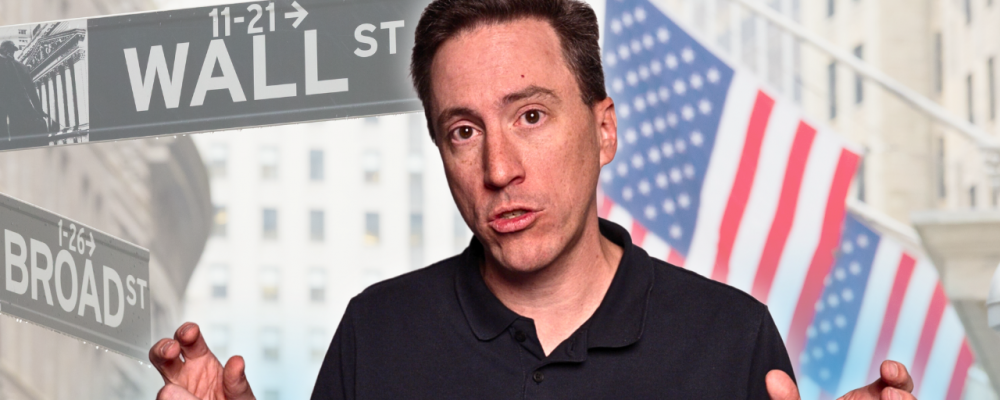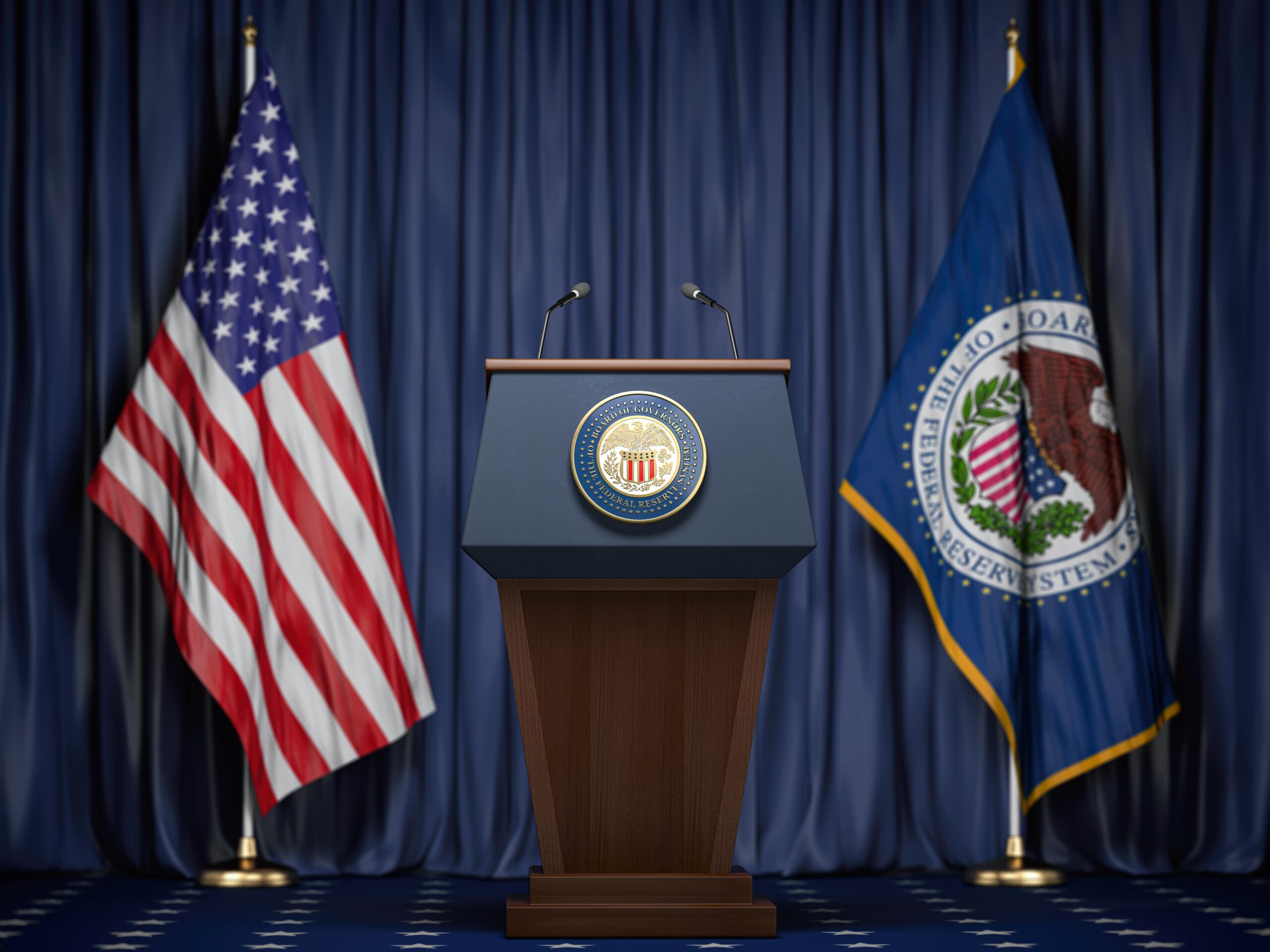
The information provided is based on the published date.
Key takeaways
- Donald Trump’s re-election to the White House had a number of immediate market reactions.
- Stocks rose on Wall Street with hopes the 2017 tax cuts would be extended or even cut further.
- Interest rates also spiked higher and the dollar rose against most other currencies. This was primarily on worries about a higher deficit, higher inflation, and the impact of tariffs.
- Politics gets a lot of attention from the media, but is usually no more than a secondary driver of financial markets. We intend on staying focused on primary drivers.
Donald Trump has been re-elected to the White House and the Republican party has taken over control of the U.S. Senate. How will that impact investment markets and ultimately your money? Here are our thoughts on both the market’s initial reaction as well as some longer-term implications.
Politics and markets
As a professional investor, my job is to focus on what will happen, not what I think should happen. I’m going to guess that close to half of the people reading this voted one way, and close to half voted the other way. But if you want to be a good investor, you have to put your feelings aside and analyze the situation objectively. Don’t demonize or lionize a policy based on the person who proposed it.
Second, as we have said before, the stock market is primarily driven by company earnings growth. Politics can matter to be sure, but it is very rarely a primary driver, especially over periods like 6-months, a year, etc. In other words, it is very unlikely that a year from now we’ll look back at the stock market and say “the main reason why the market was up or down was because Trump won this election.” Usually political events, legislation, etc., is at best a secondary effect.
With that out of the way, let’s talk about the market’s initial reaction to this election.
Stock market surges
Let’s start with the most obvious: U.S. stocks market surged higher on Wednesday, with the S&P 500 rising about 2%. There were two big drivers of this move.
The first is taxes. Next year a number of the big tax cuts Republicans passed in 2017 are set to expire. For Wall Street, what happens with that tax package is a big deal. As of Wednesday afternoon, control of the House of Representatives is still up in the air, but at least Republicans are going to control the White House and the Senate if not all three chambers.
This will make it much easier for Republicans to renew those tax cuts or even cut taxes further. All else being equal, tax cuts are good for stocks.
However I also think there’s also an element of stocks rallying just because this is over. Now I’m sure you’re tired of seeing political ads as much as I am, but that’s not what I mean by “over.”
Leading up to Tuesday there was a surge in so-called “tail risk hedge” trades. These are basically trades betting on big down moves in markets surrounding the election. These are somewhat complicated trades involving various derivatives, the details of which aren’t important here.
What matters is that as those trades get shut down, it puts upward pressure on stocks. We can see that’s true because we started to see people shutting down those trades Tuesday morning before anyone knew the results, and that’s why stocks were up so strong on Tuesday as well.
"Trump trades"
Stocks naturally are the thing that gets the most attention from the media, but the really big moves are happening in other markets. For the last few weeks there were two big trades that Wall Street had dubbed “Trump trades.” That is to say, trades people would make if they were betting on Trump winning.
The first is higher interest rates. Indeed, interest rates jumped higher on Wednesday. During the day the 10-year Treasury bond yield went as much as 0.2% higher, which was the largest single day increase in over two years.
This is partly because markets believe that Trump’s tariff and tax cut plans will cause more inflation. The TIPS market is pricing about 0.15%-0.20% higher inflation over the next couple years in response to the election.
Rates are also moving higher because markets believe Trump will run a larger deficit, which means the government will have to sell more Treasury bonds and that pushes interest rates higher. Larger deficits might also be inflationary.
The second big Trump trade is for the U.S. dollar to get stronger. This too was very much the case on Wednesday. The dollar was about 2% stronger against the yen and the euro. At one point this was the biggest single day move in the euro in over 5 years.
The idea here is that tariffs will encourage certain production to happen domestically that might have otherwise occurred overseas. This tends to bring capital back to the U.S., which naturally causes the dollar to rise in value versus other currencies.
Tariffs are a risk
Almost all economists believe that broad based tariffs are a bad idea. They tend to hurt growth and cause inflation and ultimately nobody really wins. In other words, the vast majority of economists would say that in an ideal world, there are as few trade restrictions as possible.
To be fair, we don’t live in an ideal world. There are certainly trade restrictions and subsidies that other countries are using, especially China, that make it harder for U.S. companies to compete. So there’s a case to be made for using tariffs as a kind of threat to negotiate more fair trade terms.
At this stage, it isn’t clear how Trump will actually use tariffs. We know what he’s said on the campaign trail, but we also know what is said on the campaign trail isn’t always what the reality turns out to be.
However, I would say that Trump going too far on tariffs and causing a lot of inflation and/or significantly higher interest rates is definitely a risk that we’re thinking about.
How will this impact my portfolio?
Politics is so uncertain that it would be very unusual for me to want to make any kind of portfolio change strictly based on political changes. In addition, as we said above, other factors are likely to overwhelm politics as the main driver of markets.
That being said, we came into this election underweight emerging markets, and I think that’s probably the segment of the stock market that is most vulnerable to a big tariff push. Emerging markets companies tend to be more reliant on exports than domestic ones, and hence stand to lose in a global trade war.
We also think you want to be careful with any segment of the market that’s really sensitive to higher interest rates. That’s going to include companies with a lot of debt, particularly real estate.
In bond portfolios we’re also defensive on interest rate risk, which if inflation does become a problem again, may provide some principal protection.
Sticking to the plan
Most people reading this probably have big feelings about this election, either positive or negative. Just remember to keep that separate from your investment decisions. While politics might feel all-encompassing, the stock market is generally driven by other factors. Namely, whether companies are able to grow profits. Generally that has little to do with who is in the White House. While we will consider policy effects in our analysis, usually they are small effects. Try to keep this in mind when investing.



